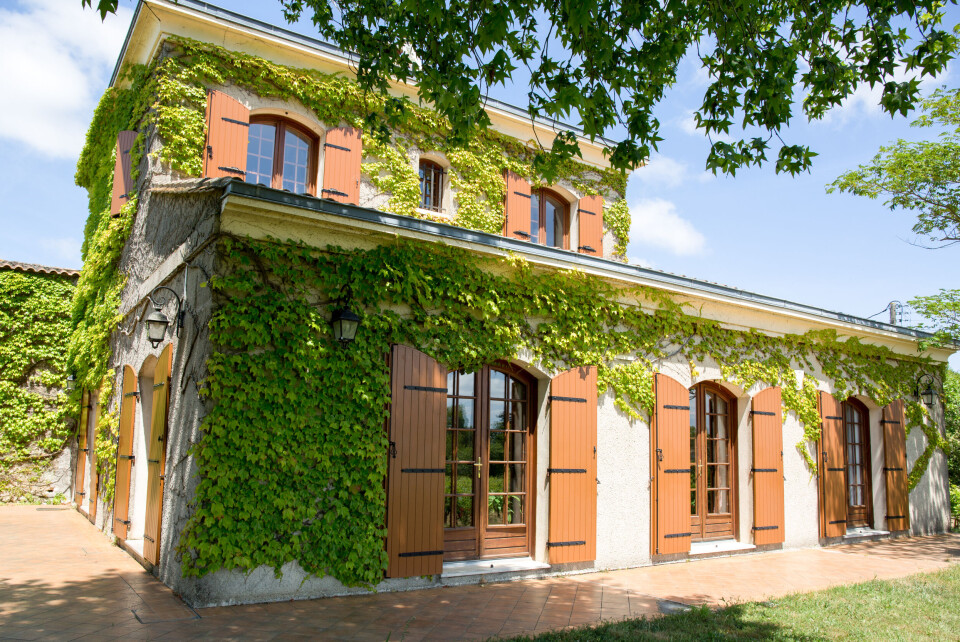-
France’s home renovations grants relaunch: key points to know
MaPrimeRénov’ is once again available to households of all income levels
-
Did you know? These plants are forbidden in French gardens
Invasive species cannot be sold, planted, or exchanged
-
Home insurance increases expected in France after floods
Compensation costs for the recent storms and flooding across the west and south-west is estimated to be in the billions of euros
Your rights if squatters move into empty French home
Squatters taking over a second or main home while the owners are away is often cited as a worry.

While there is legal recourse, it can be slow and unwieldy.
In late summer 2018, a retiree in a care home discovered a property he owned in Toulouse had been invaded by squatters.
They claimed, wrongly, that because it was an empty second home they had the right to take it on to house homeless people.
In cases of squatters moving into a main home, the owners can have them evicted by police at any time if they can prove the occupiers broke in to the property and are thus using it as a residence illegally.
But owners must go through the legal channels and not try to evict the squatters themselves – they risk a €30,000 fine and up to three years in jail if they do so.
In the case of second homes, the law is stricter.
Police can arrest squatters within 48 hours of them occupying the property if they have caused serious damage during or after the break-in.
After this initial 48-hour period, the legal owners must obtain an eviction order from a court before bailiffs can move in.
The process can take weeks.
And if the application is ruled on during France’s winter truce – the period between November 1 and March 31 when evictions are banned – a judge may rule that the squatters cannot be evicted until the spring.
























